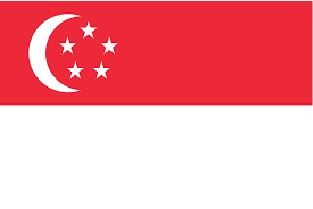The Labour Rights Index 2024 (LRI 2024) is a de-jure index covering 145 economies and structured around the working lifespan of a worker. In total, 46 questions or evaluation criteria are scored across 10 indicators. The overall score is calculated by taking the average of each indicator, with 100 being the highest possible score. The Index uses a rating system, ranging from “Total Lack of Decent Work” to “Decent Work”. The Labour Rights Index aims at an active contribution to the Sustainable Development Goals, by providing necessary (complementary) insights into de jure provisions on issues covered in particular by SDG8 (Decent Jobs), SDG 5 (Gender Equality), SDG 10 (Reduced Inequalities) and SDG 16 (Strong Institutions). The Index is based on national labour legislation, applicable on 1 January 2024.
Singapore’s overall score is 49 out of 100. The overall score for Singapore is lower than the regional average observed across South East Asia (65). Within the South East Asian region, the highest score is observed for Viet Nam (77.5).
Singapore ratified Convention No. 98 on the Right to Organise and Collective Bargaining in 1965 but has not ratified Convention No. 87 on Freedom of Association and Protection of the Right to Organise (1948).


